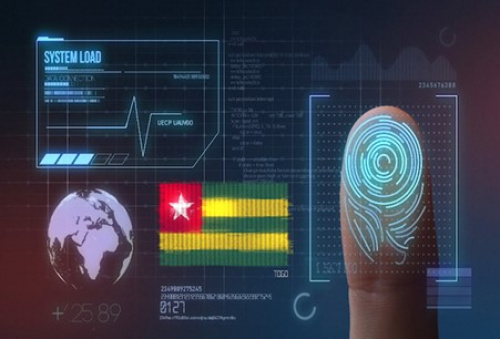The operation is scheduled to run until November 4, 2023, according to reports, with the aim of registering at least 2,000 people in Greater Lomé, as well as in the Maritime, Central and Plateaux regions. This follows on from the previous POC, which ran successfully from April 20 to May 26, 2022.
In detail, field operations will cover the prefectures of Golfe and Agoè-Nyivé in Greater Lomé; the chief towns of the Lacs, Vo, Yoto and Zio prefectures in the Maritime Region; Ogou in the Plateaux Region; and Tchaoudjo in the Centrale Region.
The objectives of this POC of the Togo e-ID technological platform are varied, and include validating the ability of registrars to deploy and configure the tools, checking the conformity of the QR codes, testing the autonomy of the registration kits and their integration into the MOSIP system (the identification platform), as well as communication and awareness-raising among the population.
As a reminder, the ultimate aim of the WURI project is to provide each resident with a unique identification number to facilitate interactions with the administration and the various public and private entrances, and to reduce the risk of statelessness. The initiative is supported by the World Bank in Togo to the tune of 72 million dollars, over a period of five years.

